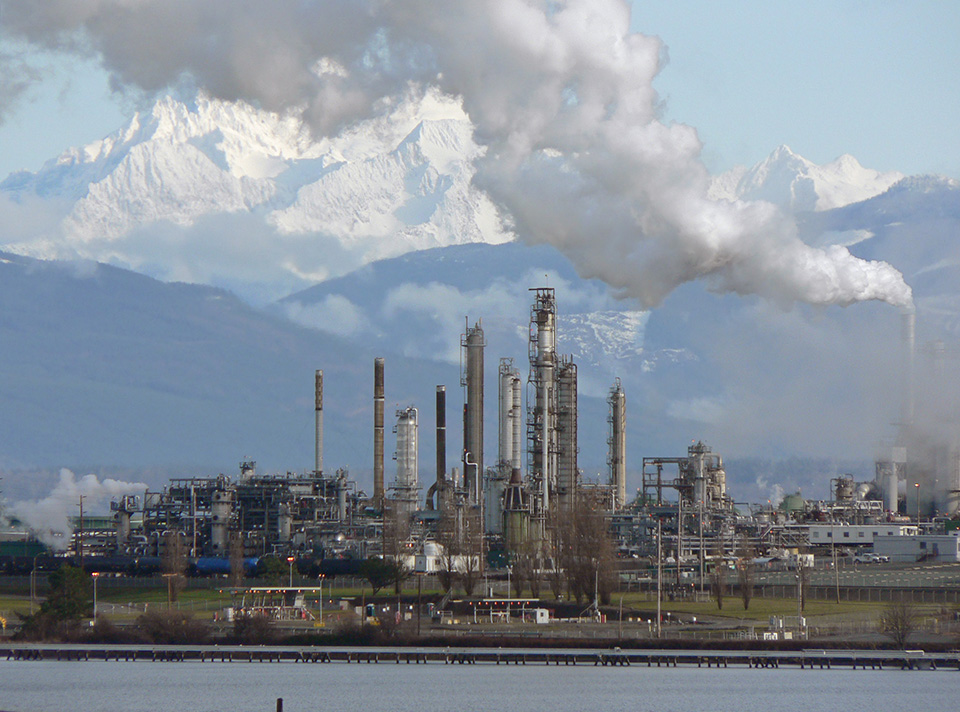Governor Jerry Brown recently signed into law California Senate Bill 1383 on Sept. 19, a law which will implement a plan before Jan. 1, 2018 to cut harmful gas emission by up to 50 percent for certain gases by 2030. This bill will help the state of California work towards its ultimate goal stated in the Global Warming Solutions Act of 2006: to cut greenhouse gas emission to levels from 1990. This bill supports this cause, amidst opposition from farmers and independent businesses.
harmful super pollutants
SB 1383 regulates the amount of short-lived climate pollutants that are emitted within California. These pollutants, according to the California Environmental Protection Agency, stay within the atmosphere much longer than carbon dioxide. They also heat the atmosphere 10, 100 or 1,000 times more than greenhouse gases.
These harmful super pollutants include black carbon, fluorinated gases and methane. Black carbon comes from sources like diesel trucks. Fluorinated gases, or more commonly known as HFCs, originate from cooling systems like refrigerators and air conditioning units. HFCs are also found in some aerosol cans. Lastly, methane comes from the gases emitted by landfills, waste treatment in dairy farms and the oil sector.
The bill requires lawmakers to approve and enact a plan before Jan. 1, 2018 to cut down the emission of these harmful gases by 2030. The plan must include the cutting of HFCs and methane by 40 percent and human-made black carbon by 50 percent.
As positive as this plan seems, it faced opposition by independent businesses and farmers. In their eyes, this bill is poorly planned and will hurt more than it will help.
An inconsistant climate change policy
“SB 1383 creates an inconsistent, new climate change policy which will further increase the cost of doing business in California, especially for our agricultural economy,” said Tom Scott, California Executive Director for the National Federation of Independent Businesses in a released statement. “This mandated 40% reduction in methane and 50% reduction in anthropogenic black carbon gas represents a direct assault on California’s dairy industry and will hurt manufacturing by creating an arbitrary limit on natural gasses which dissipate quickly.”
This act is also not a slight against these fields of work. In order for this emissions cutting to work, the California assembly and senate have to agree and enact a plan. This will not come immediately. This is why the bill has a clear projected date of a plan implementation. This gives time to devise an equitable plan.
Although this bill may cause minimal damage within certain fields, it is a small hindrance in the eyes of much greater problem. The environmental state in California extends beyond the limitations of businesses and the economy. It is an issue that will take decades, possibly centuries to fix. SB 1383 is one small, but very important, step to achieve that goal.







